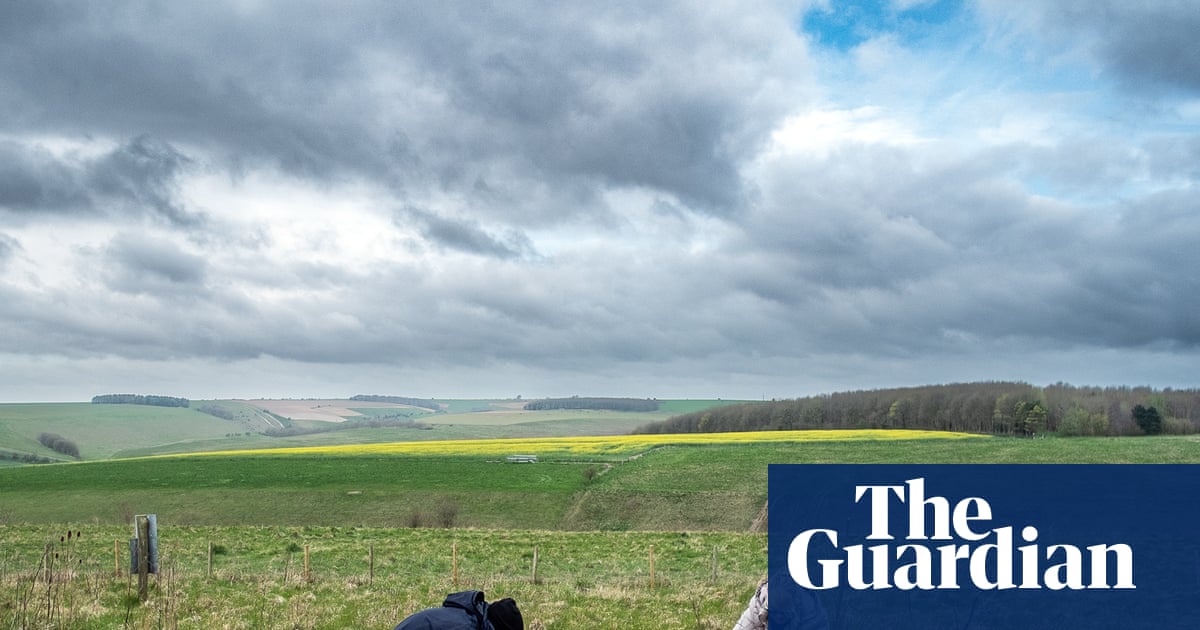A Salmonella outbreak that sickened over 160 people in California and a handful of individuals in other states was caused by raw milk products from a single dairy farm, a new report explains.
The outbreak — described Thursday (July 24) in the Morbidity and Mortality Weekly Report (MMWR), which is published by the Centers for Disease Control and Prevention — took place between September 2023 and March 2024. The California Department of Public Health was first notified of the outbreak when nine people fell ill after consuming a specific brand of raw milk produced by the same dairy. This prompted an investigation by state and federal officials.
This outbreak is notable because it was “one of the largest foodborne outbreaks linked to raw milk in recent U.S. history,” the report authors emphasized. Between 2009 and 2021, there have been 16 Salmonella outbreaks tied to raw milk consumption and those were comparatively small, involving between two and 33 people.
Additionally, last year’s outbreak was notable because it disproportionately affected young children, as the median age of those sickened was 7 years old, the report says.
“Commercially distributed raw dairy products have the potential to cause large and widespread infectious disease outbreaks,” the report writers cautioned. “Public health authorities should continue to raise awareness of the risks associated with consuming raw dairy products, especially by persons at increased risk for severe disease from enteric [intestinal] pathogens, including children.”
In addition to Salmonella, raw milk can contain a range of other disease-causing germs, including bird flu viruses, Campylobacter, Cryptosporidium, Escherichia coli, Listeria and Brucella. That’s because raw milk, also called unpasteurized milk, isn’t heated to a high temperature to kill off those germs prior to being sold. Children under 5 years old, pregnant people, and people with weakened immune systems face particularly high risks from consuming raw milk products because the germs listed above can make them severely ill.
Related: How does E. coli get into food?
The Salmonella outbreak described in the report affected 171 people in total, including 159 confirmed and 12 probable cases. Most cases occurred in California, but there was one case each in New Mexico, Pennsylvania, Texas and Washington state.
Of the total cases, 67 occurred in children under 5, 40 were in children ages 5 to 12, and 13 were in teens under 18. That means about 70% of the total cases affected kids and teens. Out of 22 known cases that required hospitalization, 18 were in children under 18. No deaths were reported.
“The distribution of the cases was consistent with a continuous common source outbreak,” the report authors wrote. This was also confirmed by genetic analyses of Salmonella samples gathered from the affected patients and found in products from the dairy.
That said, the source of infection in the four cases outside California is not 100% certain. Raw milk products intended for human consumption are not allowed to be sold across state lines, per federal law. However, “federal law does not prohibit the interstate sale of raw milk intended for pet consumption or interstate sale of raw cheese aged for ≥60 days,” the report authors noted.
As such, it’s possible that these four cases involved local sales of products that were originally produced in California — namely, raw cheese or raw milk marketed for pets.
“Other possible explanations for the non-California outbreak cases are that patients could not recall or did not accurately report travel history or were infected through unrecognized secondary transmission,” the authors speculated.
The MMWR doesn’t name the dairy implicated in the outbreak. But in 2024, The Fresno Bee reported that officials had linked the outbreak to Raw Farm LLC, based in Fresno County, and that this led to a recall of some of the company’s products and inspections of its facilities. Separately, the same company also detected bird flu in some of its products in late 2024, prompting another recall.
Live Science contacted Raw Farm prior to publication, but the company declined to comment for this story.
Meanwhile, this month, the Allegheny County Health Department in Pennsylvania is urging people to discard all Family Cow brand raw milk products after locals became sick with Salmonella infections after consuming the products. The Family Cow is based in Chambersburg. “Anyone who consumed raw milk products from The Family Cow should consult a healthcare provider if they become ill,” the department advises.
This article is for informational purposes only and is not meant to offer medical advice.
Source link

